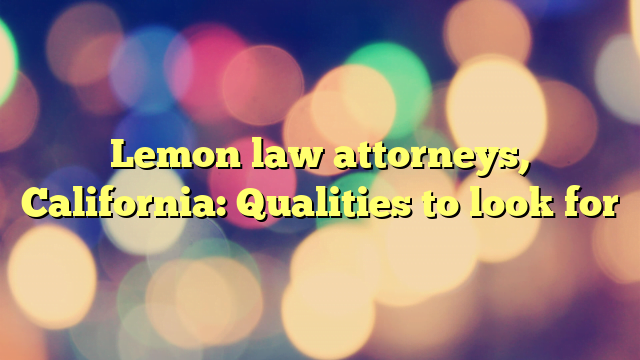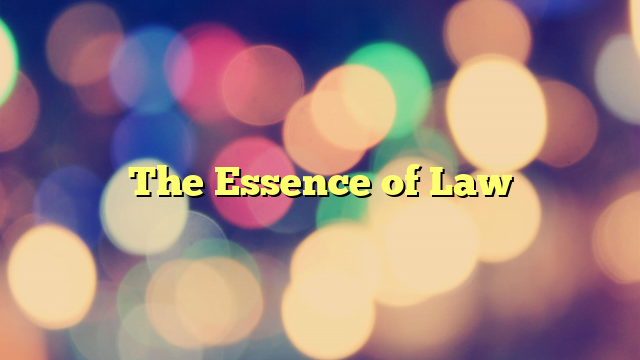The Legal Rights of Musicians
The Legal Rights of Musicians
Creative people of all types all come back to one legal touchstone and that is copyright law. It is often sited in all kinds of cases involving literature, film, publishing and certainly in music. Within the music industry, the ability of copyright to protect an artist’s work has come under new challenges in the last ten years. The rise of peer-to-peer file sharing, online music downloading and other internet related ways that music gets passed around has presented some real challenges to musicians to collect what is due them as owners of music under copyright.
There are numerous royalty rights associated with the writing, publication, performance and distribution of music that have to be sorted out by a complicated infrastructure that the music industry maintains to protect its own. But when you get back to the basics, the copyright of a piece of music works in music the same way it does in any literary field. That copyright, at least at first, belongs to the songwriter.
That is where the simplicity of the situation ends. For most songwriters, complete ownership of a song rarely remains the exclusive property of that author of the song. Most songwriters work with a publishing house to get their music out on the market. Even if the songwriter is writing songs for their own band, the publishing house provides the valuable service of not only publishing the song or songs but getting them out on the market to be covered or produced by others as well, if that is how the songwriter wants.
So this is a valuable service that is provided by the publishing house. In exchange for handling all of the promotion of the music, the publishing house takes over 50% of the copyright. This may seem like a lot to give up but there is a hidden side to sharing copyright that benefits the songwriter maybe even more than the promotional help the publishing house provides.
Because the publishing house now has a vested interest in that creative work, they also have a vested interest in protecting it. A copyright over a piece of music, at least on paper, is a pretty strong legal right. It covers all aspects of how that song can be used. If the song is used on a recording, obviously the songwriter has some rights to the proceeds of that release. But even if the song is just covered in a performance, technically the copyright owner has some rights to payment for the use of that exclusive creative intellectual material.
The issue is as much one of enforcement as it is whether the rights are there or not. This is a judgment call to be made by the songwriter, the publishing house and the legal representation of all involved. Sometimes seeing your creative material used has such a positive marketing value that to start a legal battle for the monetary rights could hurt your music career as much as it might help you.
These are decisions that musicians and owners of copyright or royalty rights are making every day in the music industry. The debate over the value of fighting for copyright versus allowing small infractions in exchange the marketing value of your music being heard is one that is held more and more as music sharing has become more common with the spread of internet services. While a strict copyright lawyer might argue that once you stop defending your ownership, you loose it forever, the truth of the marketplace is not always that black and white. The rights are there, to be sure. But the wisdom of how to let your music make you more successful calls for the use of judgment and a savvy that comes from your extensive knowledge of how the music industry really works.
PPPPP 639


